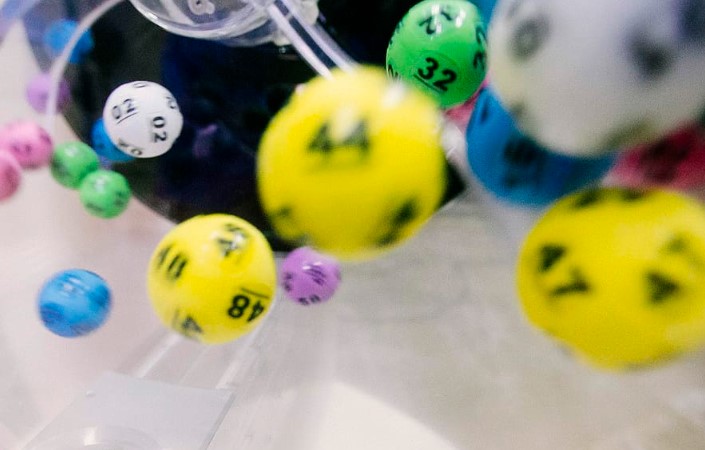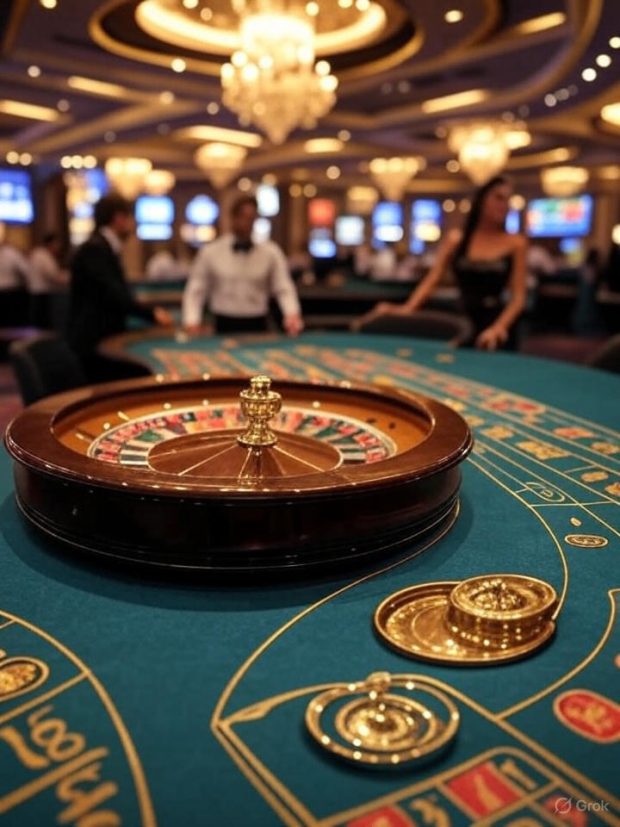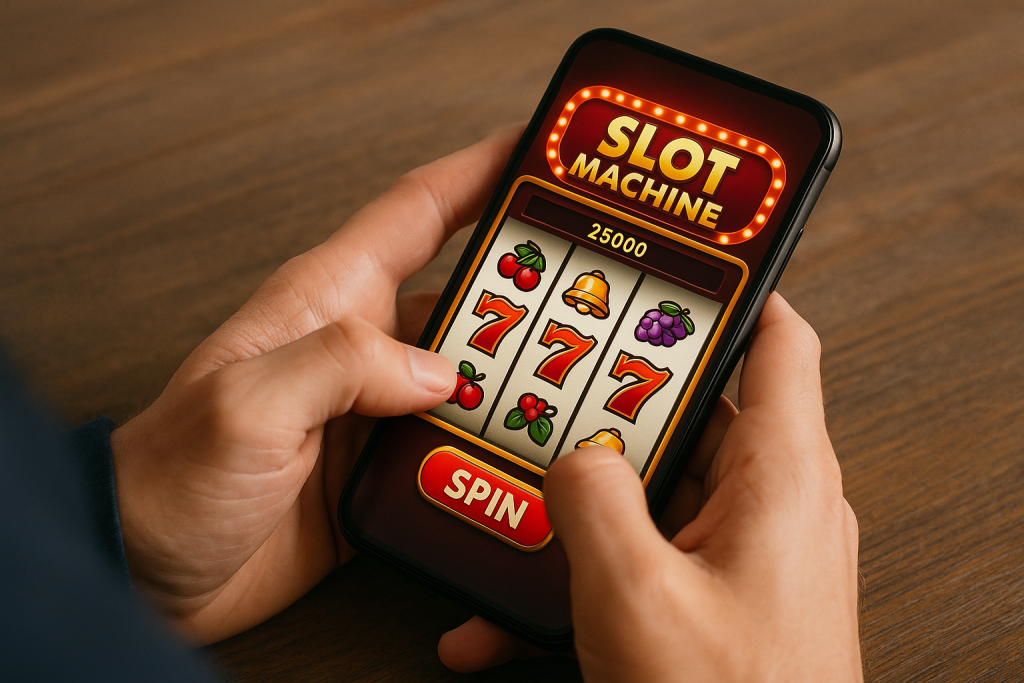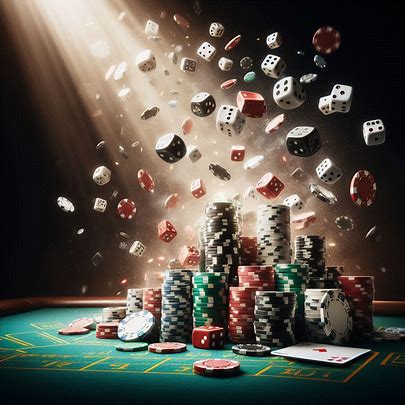Why High‑Risk Casino Games Feel Like Competitive Video Gaming
Humans are wired for challenge and reward. Studies show that the brain releases dopamine in response to uncertainty and risk, which explains why fast-paced games, whether digital or physical, can be so addictive. Competitive gamers chase this sensation through ranked matches and boss fights, while casino enthusiasts experience it at high-stakes tables, especially in no-limit roulette rooms.
High-limit live roulette tables on platforms like high stake casinos bring this thrill to life for players accustomed to video gaming. Here, split-second decisions, risk assessment, and the potential for massive wins create a familiar intensity. Much like climbing a competitive gaming leaderboard, a single spin can dramatically alter a player’s standing, keeping adrenaline levels high from the first bet to the final outcome.
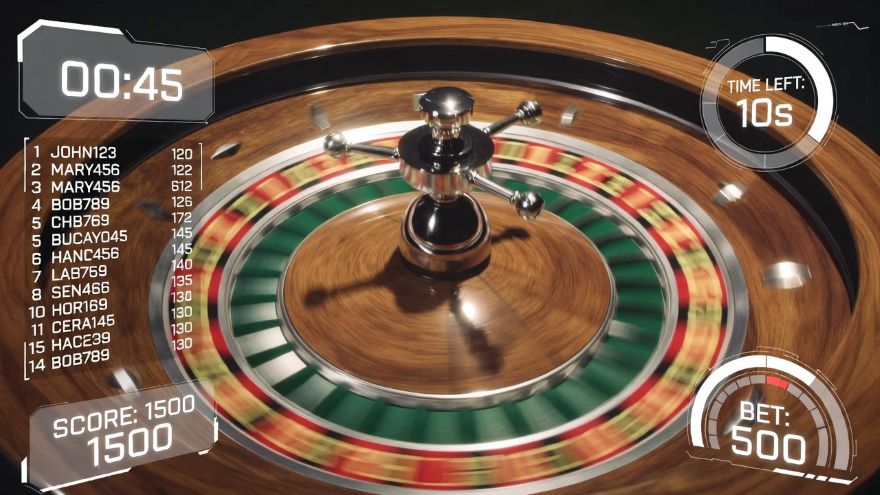
The Psychology Behind the Spin
Video games and modern gambling share more than just flashy graphics and excitement. Both rely on rapid feedback loops, where actions have immediate consequences. In gaming, a successful combo or strategy rewards the player instantly, reinforcing learning and engagement. In high-risk casino games, each spin of the roulette wheel delivers instant results, providing the same quick feedback that keeps players engaged and returning for more. It’s important to balance this thrill with awareness of healthy play, and resources on strategies for preventing problem gambling can help players recognize risks and stay in control of their habits.
This psychological overlap explains why competitive gamers often feel at home in high-stake environments. Both experiences trigger problem-solving under pressure, pattern recognition, and risk evaluation. Players are constantly balancing their aggression with strategy, whether deciding when to go all-in on a boss battle or placing a large wager on red or black.
Gamification Meets Gambling
Casinos increasingly borrow from gaming design to keep engagement high. Leaderboards, achievement badges, and tiered rewards systems mirror those found in popular video games like “League of Legends” or “Fortnite.” This gamification transforms gambling from a passive experience into an interactive challenge. Players are motivated not just by potential monetary gains, but by prestige, progression, and mastery, similar to climbing a competitive game ranking.
High-stake platforms amplify this effect. Players can track their performance, compete for exclusive tables, and unlock rewards that mimic in-game achievements. This approach appeals to both seasoned gamblers and video gamers, creating a hybrid experience that satisfies the craving for both risk and accomplishment.
High Stakes as the Ultimate Boss Fight
No-limit roulette is akin to facing a game’s hardest boss. Each decision carries weight, with high risk matched by the promise of substantial reward. The mental engagement is intense, demanding focus, pattern analysis, and sometimes intuition. Just as a gamer memorizes attack patterns or strategies for a boss encounter, high-stake casino players study probabilities and betting systems to optimize their chances.
For many, the thrill comes not only from winning but from the challenge itself. High stakes heighten suspense, making each spin feel monumental. It’s this combination of skill, risk, and strategy that makes high-risk casino gameplay resonate with the competitive gaming mindset.
Bridging Gaming and Gambling
The convergence of gaming and gambling psychology highlights why these experiences feel so similar. Both environments reward strategic thinking, rapid decision-making, and calculated risk-taking. High-stake casinos, in particular, provide a bridge for gamers who crave real-world consequences alongside their love of strategy and skill-based challenge. Players can experience the same rush, mastery, and prestige that they seek in virtual arenas, but with tangible stakes that elevate every decision.
Whether you’re spinning a roulette wheel or engaging in an online ranked match, the thrill comes from the mix of uncertainty, challenge, and potential triumph. Platforms that merge high-risk play with gamified elements cater to this dual craving, offering an experience that feels both familiar and exhilarating. High-stake casinos have tapped into this psychology, creating spaces where the intensity of competitive gaming meets the excitement of real-world wagering.
For those seeking the ultimate combination of strategy, adrenaline, and reward, high-risk casino games offer a playground that feels like the ultimate boss fight, making each win not just about money, but mastery. Whether you’re a seasoned gamer or an experienced gambler, high-stake casinos bring the rush of victory to life in ways that digital worlds alone cannot match.







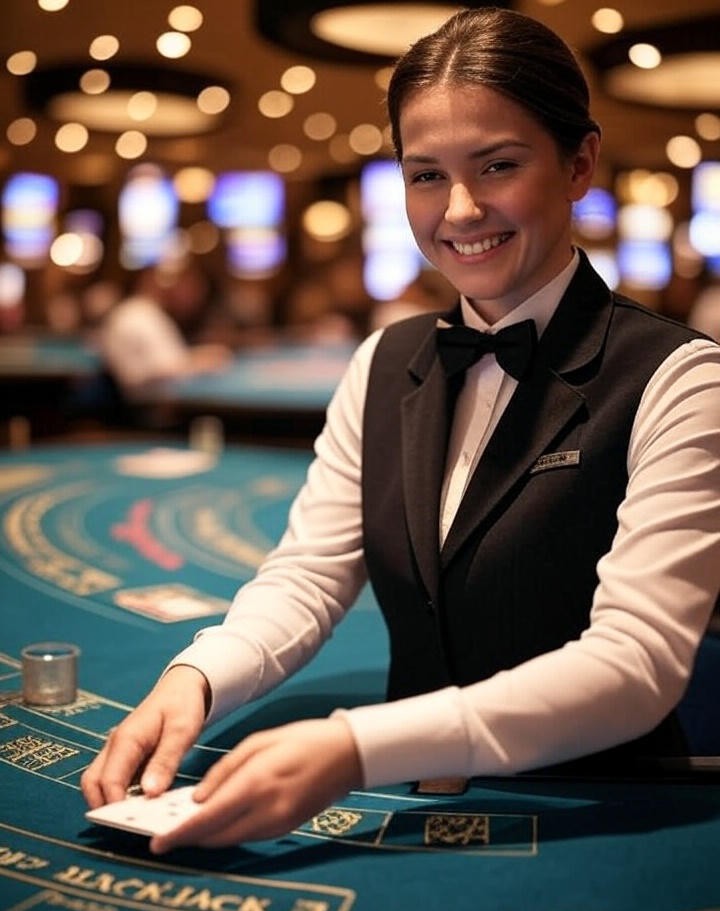


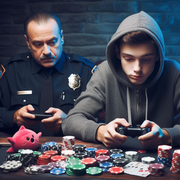 Parents can help stop harmful gaming behaviours by tracking their children’s gaming patterns, teaching them about the dangers, and imposing reasonable limits. Encouragement of a responsible and healthy gaming environment depends on open communication between parents and children.
Parents can help stop harmful gaming behaviours by tracking their children’s gaming patterns, teaching them about the dangers, and imposing reasonable limits. Encouragement of a responsible and healthy gaming environment depends on open communication between parents and children. No one can deny the obvious advantages that could accrue to the gaming industry. A new source of income, in-game betting keeps users engaged and may even lead them to spend more on in-game items to back their wagers. Nevertheless, there are difficulties with this economic approach. The future of gaming may lie in its potential to promote unhealthy forms of competition and risk-taking.
No one can deny the obvious advantages that could accrue to the gaming industry. A new source of income, in-game betting keeps users engaged and may even lead them to spend more on in-game items to back their wagers. Nevertheless, there are difficulties with this economic approach. The future of gaming may lie in its potential to promote unhealthy forms of competition and risk-taking.






